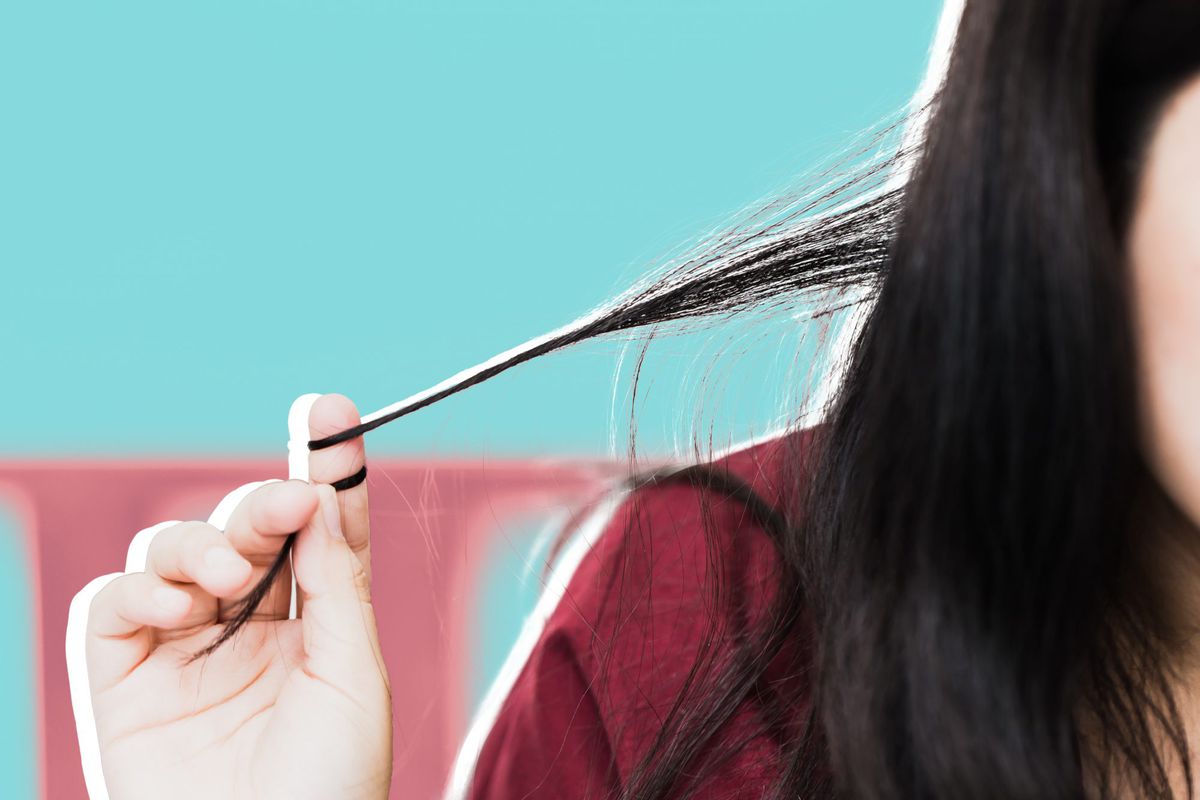

The researchers explained in the report that hair is "resistant to digestive enzymes" and "unaffected" by the normal contractions of the stomach "owing to its slippery nature." As a result, they wrote, the hair fibers can become trapped in the stomach, stick together, and form a trichobezoar, aka a mass made of hair, or a hairball.
The teen was diagnosed with a condition called Rapunzel syndrome and doctors performed emergency laparoscopic surgery to remove the hairball. They found "multiple pockets of pus" and an oval-shaped mass of hair that was nearly 19 inches long. She was also given intravenous antibiotics for abdominal sepsis.
Rapunzel syndrome is a term that's been used to describe a solid mass of indigestible material that forms in the stomach. Most of the time this happens in children, the mass is usually made of swallowed hair from their head, dolls, or brushes. The condition is linked to trichotillomania and trichophagia, which are both rare. Up to 3% of the population will experience trichotillomania at some point in their life, according to the National Organization for Rare Diseases, and trichophagia is even more rare. The exact cause of trichotillomania isn't known, but it's characterized as an obsessive-compulsive related disorder in the Diagnostic and Statistical Manual of Mental Disorders Version 5.
Even in people who have those (already rare) conditions, Rapunzel syndrome isn't common. One study estimates that just 1% of people who struggle with both conditions will form a hairball in their GI tract. While it's rare, Rapunzel syndrome can be deadly. In 2017, a 16-year-old girl died from the disorder after an infected ulcer formed in her stomach that burst, causing her vital organs to fail.
Despite her health ordeal, the teen featured in the latest case report is now doing OK. She was admitted to the intensive care unit, and given a psychiatric evaluation. Seven days after her surgery, she was discharged. The researchers also noted that, during a 30 day follow-up, the teen was "progressing well" with dietary advice and the help of a psychologist.
To get our top stories delivered to your inbox, sign up for the Healthy Living newsletter
Source: Read Full Article
